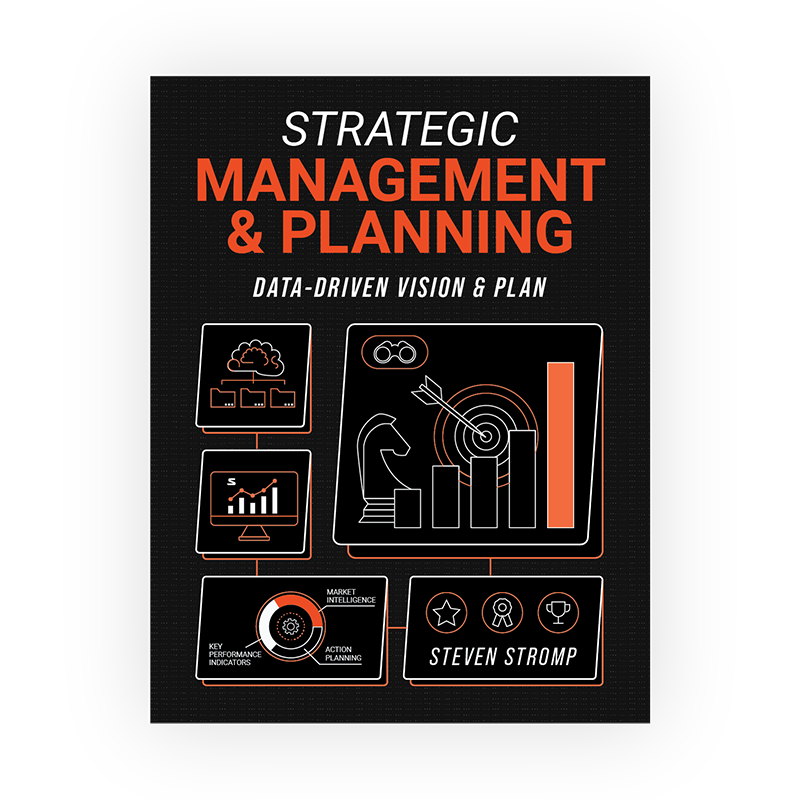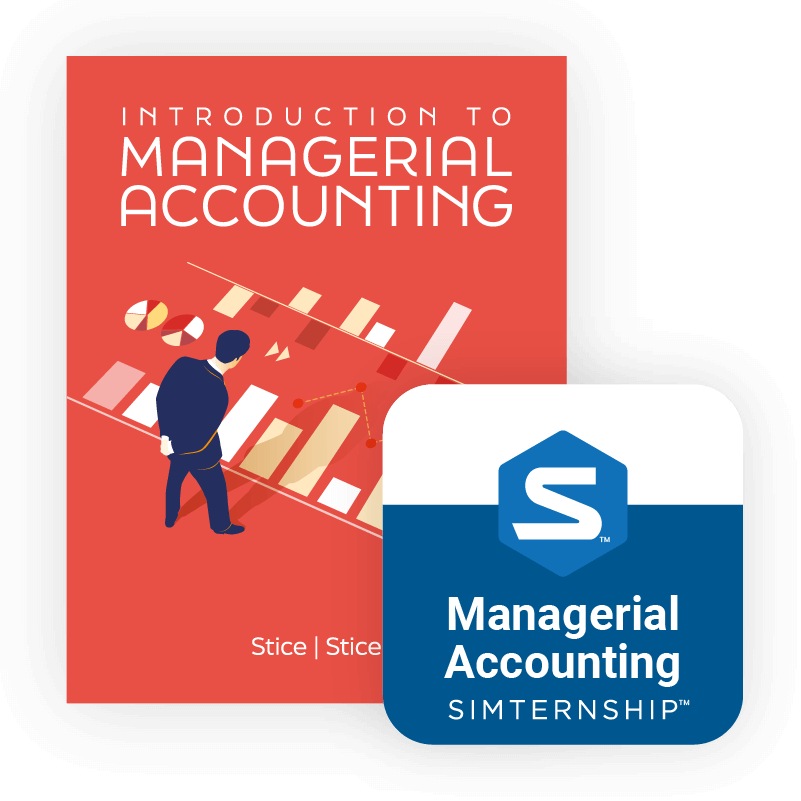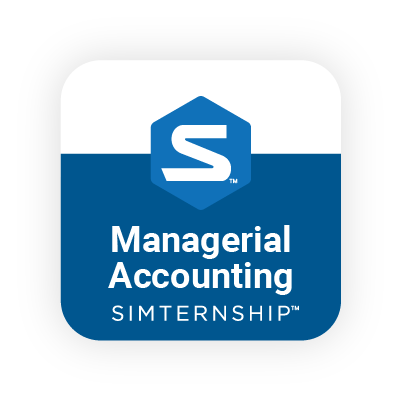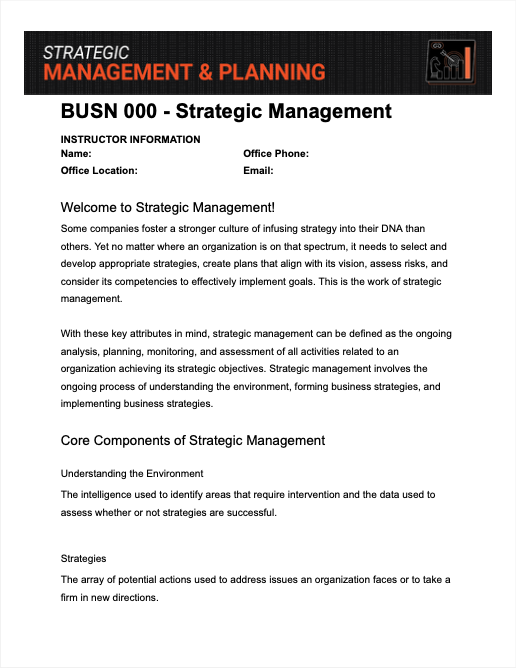Strategic Management & Planning Courseware
Strategic Management & Planning Courseware
Cutting-edge Strategic Management Curriculum
This Strategic Management and Planning courseware provides in-depth content on the internal and external research strategic managers need to form sound strategies. It details the metrics used to understand when strategic intervention should take place as well as the metrics used to measure the success of strategies that have been implemented.
Corporate-level, business-level, generic, and innovative strategies are each explored, providing students with a toolkit of potential strategic responses when making a multitude of management decisions.
There is a strong emphasis on strategic planning, including the role of strategic planning committees, yet it also details contingency planning, annual planning, action planning, and the skills and tools necessary for strategy implementation.
This courseware contains ready-made resources, such as lesson plans, case studies, auto-graded quizzes, engaging assignments, lecture slide decks, a sample course calendar, and more. It’s more than a Strategic Management textbook; it’s a whole course.
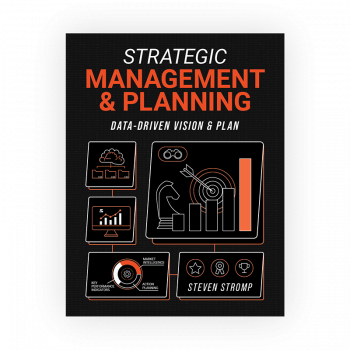
Table of Contents
Chapter 1: Managing Strategically – The Big Picture
Chapter 2: Assessing Current Performance
Chapter 3: Business Intelligence for Strategic Decision-making
Chapter 4: Market Intelligence for Strategic Decision-making
Chapter 5: Strategic Planning – Data Review & Synthesis
Chapter 6: Strategic Planning – Strategy Formulation
Chapter 7: Adaptive Planning
Chapter 8: Corporate-Level Strategies
Chapter 9: Business-Level Strategies
Chapter 10: Innovative Strategies
Chapter 11: Strategy Implementation
Chapter 12: Strategic Leadership
Key Learning Objectives
Define business strategy and identify its common types, including corporate-level, business-level, generic, and innovative.
Define planning and identify its common types, including short-term, long-term, operational, strategic, tactical, and contingency.
Establish common key performance indicators and describe their use.
Describe the purpose of annual planning and how it fits into an organization’s overall planning cycle.
Identify appropriate targets and benchmarks for KPIs.
Organize key performance indicators using a balanced scorecard framework.
Describe common research methods used to inform strategy development.
Synthesize data into meaningful categories using tools such as a SWOT analysis.
Develop goals using the SMART goals framework.
Describe the purpose of an organization’s mission, vision, and values and evaluate each against the current environment.
Select an appropriate implementation model based on strategy.
Identify firms using incremental, disruptive, architectural, and radical innovation strategies.
Provide key strategies for managing through disruption.
Educator Resources
The courseware’s materials make teaching strategic management easier for you and more engaging for students. The following resources are included:
Auto-graded quizzes for each chapter
10 case studies
Failed Ford Launch
Netflix KPIs
Ring SWOT Analysis
Starbucks and Innovation
Amazon Web Services Annual Planning
VUCA Challenges at Intel
Disney and Amazon Corporate-Level Diversification
Mature and Declining Industries (Sears, Blockbuster, GM, JCPenney, BlackBerry)
Strategic Leadership at Starbucks
Leading Change: Ford’s Shift to EVs
34 turnkey assignments
Comprehensive project
Lecture slide decks
Lesson plans
Real-world examples
Auto-graded midterm and final exams with 50 questions each
Test bank with 540 questions
Sample syllabus and course calendars
LMS integration with Stukent platforms
Chapter 1: Managing Strategically – The Big Picture
Chapter 2: Assessing Current Performance
Chapter 3: Business Intelligence for Strategic Decision-making
Chapter 4: Market Intelligence for Strategic Decision-making
Chapter 5: Strategic Planning – Data Review & Synthesis
Chapter 6: Strategic Planning – Strategy Formulation
Chapter 7: Adaptive Planning
Chapter 8: Corporate-Level Strategies
Chapter 9: Business-Level Strategies
Chapter 10: Innovation Strategies
Chapter 11: Strategy Implementation
Chapter 12: Strategic Leadership
Define business strategy and identify its common types, including corporate-level, business-level, generic, and innovative.
Define planning and identify its common types, including short-term, long-term, operational, strategic, tactical, and contingency.
Establish common key performance indicators and describe their use.
Describe the purpose of annual planning and how it fits into an organization’s overall planning cycle.
Identify appropriate targets and benchmarks for KPIs.
Organize key performance indicators using a balanced scorecard framework.
Describe common research methods used to inform strategy development.
Synthesize data into meaningful categories using tools such as a SWOT analysis.
Develop goals using the SMART goals framework.
Describe the purpose of an organization’s mission, vision, and values and evaluate each against the current environment.
Select an appropriate implementation model based on strategy.
Identify firms using incremental, disruptive, architectural, and radical innovation strategies.
Provide key strategies for managing through disruption.
The courseware’s materials make teaching strategic management easier for you and more engaging for students. The following resources are included:
Auto-graded quizzes for each chapter
10 case studies
Failed Ford Launch
Netflix KPIs
Ring SWOT Analysis
Starbucks and Innovation
Amazon Web Services Annual Planning
VUCA Challenges at Intel
Disney and Amazon Corporate-Level Diversification
Mature and Declining Industries (Sears, Blockbuster, GM, JCPenney, BlackBerry)
Strategic Leadership at Starbucks
Leading Change: Ford’s Shift to EVs
34 turnkey assignments
Comprehensive project
Lecture slide decks
Lesson plans
Real-world examples
Auto-graded midterm and final exams with 50 questions each
Test bank with 540 questions
Sample syllabus and course calendars
LMS integration with Stukent platforms
Expand Your Definition of Courseware
Updated every year
Current content for the modern classroom.
Keeping Content Current
The media and materials included with the strategic management textbook and courseware make it an in-depth teaching tool. The content is updated yearly so you can be sure you’re teaching up-to-date principles.
Stukent Support Team
with a 96% customer service satisfaction rating
Support for Students and Educators
The Stukent Support team simplifies the learning process for students and educators. Anyone who uses Stukent courseware automatically has access to our support team to answer any courseware and technical-specific inquiries.

About the Author

Steven Stromp
Steven Stromp is the executive director of market intelligence and strategy at Davenport University headquartered in Grand Rapids, Michigan. In this role, he provides market insights about the higher education landscape to help drive strategic decision-making. He recommends the development of new instructional programs as well as changes to current programming. As a member of the strategic planning coordinating team, Steven leads various functions of the strategic planning council, including moderating planning and strategy sessions.
Throughout his career, Steven has gathered intelligence and provided strategy for a variety of industries, including healthcare, consumer packaged goods, automotive, and higher education. In a former role at Spectrum Health, one of the largest health systems in the nation, he managed projects focused on branding, communication strategy, and new service line development.
In his work for an international research consulting firm, Steven was responsible for managing all phases of research and providing strategic recommendations. Clients he served included Kellogg’s, ConAgra, Bush’s Baked Beans, Miller Brewing Company, General Motors, National Heritage Academies, GE, Tropicana, and others.
Steven teaches courses in strategy, business and marketing research, communications, and marketing. He is also the author of Stukent’s “Market Research Essentials” and “Business Research Essentials.” Steven holds an MBA with a concentration in strategic management.
Hands-on Learning without the Hassle
Stukent Simternships integrate with your favorite LMS platforms
Single Sign-on
Grade Book Syncing
Deep Linking
Rostering


The Strategic Management Bundle
The Business Research Essentials courseware and simulation provide a cohesive
teaching experience for educators and a cohesive learning experience for students.
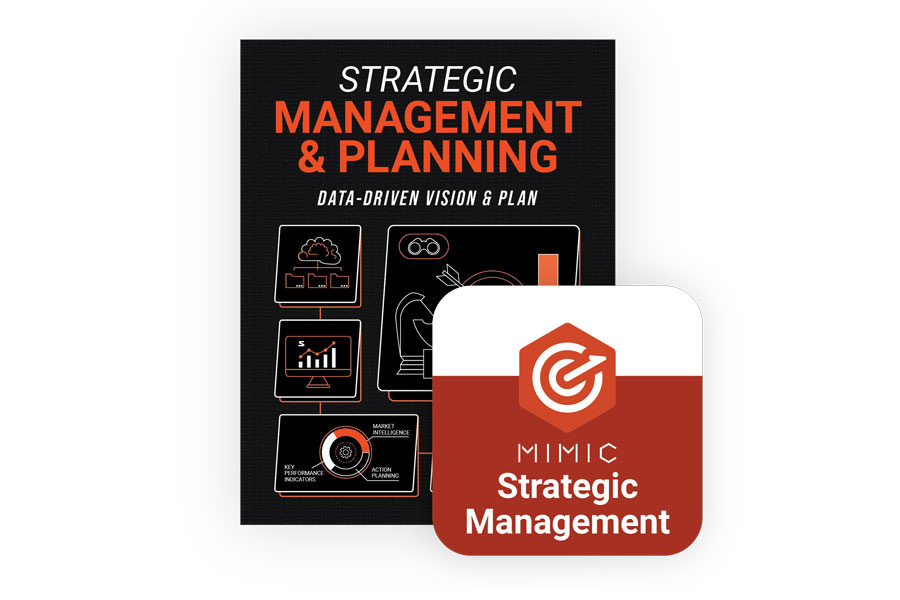
Develop Real-world Skills for Your Students
Mimic Market Research was created in partnership with both educators and industry professionals, Mimic Market Research gives students real-world skills they can add to their resumes.
Provide Hands-on Experience
In the simulation, students complete a market research project from start to finish, from building surveys and moderators’ guides to creating a final report.
Reduce Your Preparation Time
Mimic Market Research is completely auto-graded, so you can spend less time preparing and grading and more time helping students build valuable skills.
